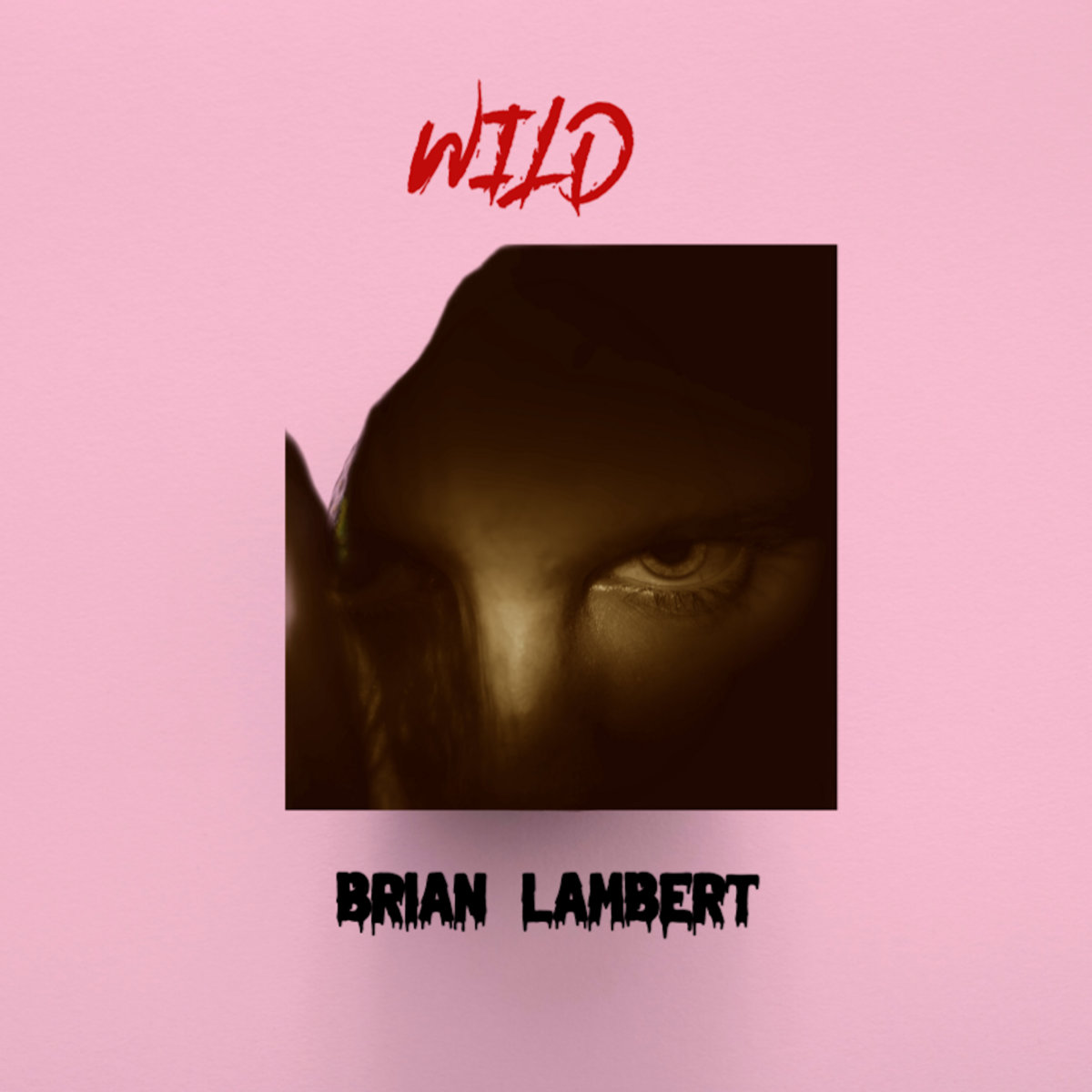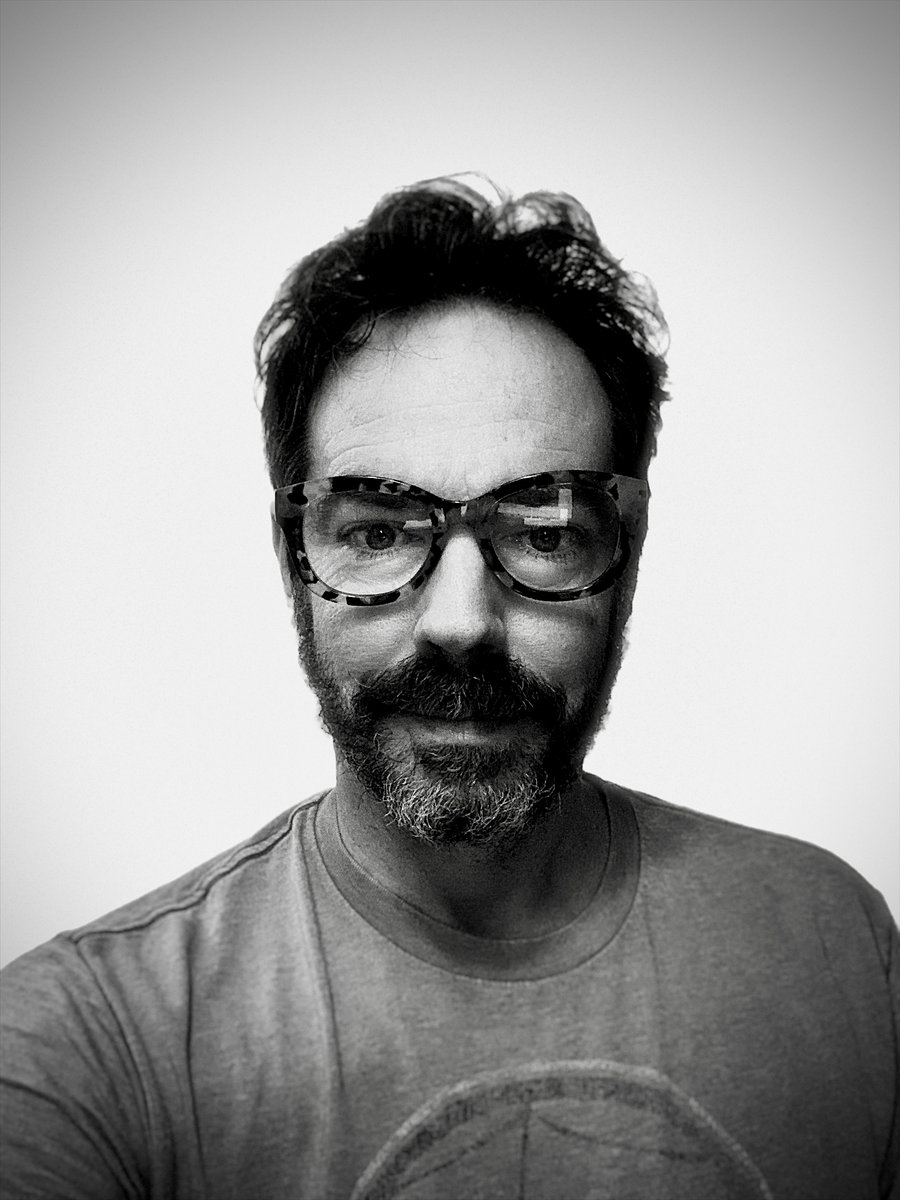
Just a couple of weeks ago, Brian Lambert released his latest album, "Wild". The Texan musician and vocalist (voice of the post-new wave band The Star Crumbles, a project he shares with another genius to follow: Marc Shuster) offers us a complete perspective on his understanding of music, a series of songs that are simultaneously melancholic and fresh. In addition to being one of the most beloved and valued singers on the North American independent scene, the values that characterize his friendly, approachable, and indeed captivating personality shine unabashedly in each of his lyrics and syllables. Moreover, he is bilingual – and if I haven't said it yet, delightful, so he did this entire interview in Spanish. (Translated for Onlythehost.com using ChatGpt and eyes)
"Wild" straddles musical genres, adapting them to his own needs, interspersing EDM versions of Pink or Gorillaz with undoubtedly rock-inspired original tracks, with notable influences from the best moments of Foo Fighters or Queen of the Stone Age. Yet he presents it with such originality and audacity that he convinces fans of Weezer.

I've listened to this album on various occasions, alone, preparing for this interview; and later surrounded by incredible musicians, and also alongside Brian at the launch party on Bandcamp. Yes, it has become something personal, an LP I've lived minute by minute, from its announcement to the last music video conceptualized with John Woodson and Lambert. However, I don't want to dwell too much on my own perception; the words I exchanged with Brian seem much more interesting. I only need to add that it's one of the best albums I've heard this year, and I'm sure it will make waves in the years to come.

Interview with Brian Lambert
John: Hello, Brian. Thank you for giving your time to Rock, the best music. How would you introduce someone who hasn't heard your music?
Brian: Thank you very much for the opportunity to do an interview in Spanish. My mother will be happy about this. Well, Scoopski recently made a post about five artists that compose the cocktail of his music. I think my music is a mix of Gorillaz, Beck, Spoon, The Killers, and The Replacements.
John: You have a work pace that's hard to keep up with, both solo and with 'The Star Crumbles'. Do you think this production rate benefits your music, or are you afraid that some good songs might get buried among others?
Brian: These are two questions that could both be true. I think you're asking if doing so much work is causing many (songs) to get lost due to lack of attention and (the possibility of) having a moment, or a song that succeeds. It's possible, but at the same time, I have to make music. As a result, my ability to express myself always becomes richer. I don't have control over how my work is received, so I do it and share with the intention of doing it in the most fun way possible, and then repeat it.
John: You do fundamental work on social media daily, raising awareness about mental health and the importance of communicating as people, being able to tell each other "I love you". How do you think depression or anxiety affects musicians?
Brian: What I've observed is that it's common for musicians to be people with difficulties in expressing themselves in daily life. To be a musician, you need to spend a lot of time alone, learning your instrument, so it makes perfect sense that they suffer from depression or anxiety. I think there's a myth that they need this mental torment to create. In my experience, I am better able to express myself with the work of taking care of my mental health. Two years ago, I underwent intensive EMDR therapy. EMDR stands for Eye Movement Desensitization and Reprocessing, a special therapy for those who still suffer the consequences of traumatic experiences such as accidents, sexual abuse, or physical abuse. We have all experienced some form of trauma, perhaps even religious or some complex family trauma. Perhaps something not as extreme as abuse, but that still hurt. I believe artists can express themselves better with therapy. I also want to destroy the archetype of the artist who has to suffer to create.
John: This positive message is often part of your music. Do you make a conscious decision to set aside darker or sinister lyrics to focus on positive messages? I think it's much harder to write a "positive" song than a "negative" one; what's your take on this?
Brian: It depends on its purpose. My purpose was to give something good to the world. There are so many negative messages everywhere. The work of writing positive lyrics is a natural extension of the work I did about mental health. When I write lyrics, it's better when it's something that comes from the subconscious without thinking too much. The most important thing is that "it sounds cool". So if the lyrics are positive, it's an extension of where I am on my mental journey. But all that can change. I don't know where the path of my art will lead.
John: Thank you very much for your answers, Brian. We hope that "Wild" continues to rise on the charts, and we'll see you soon in Spain.
Keep up with everything Brian Lambert is up to at https://brianlambertmusic.com/
